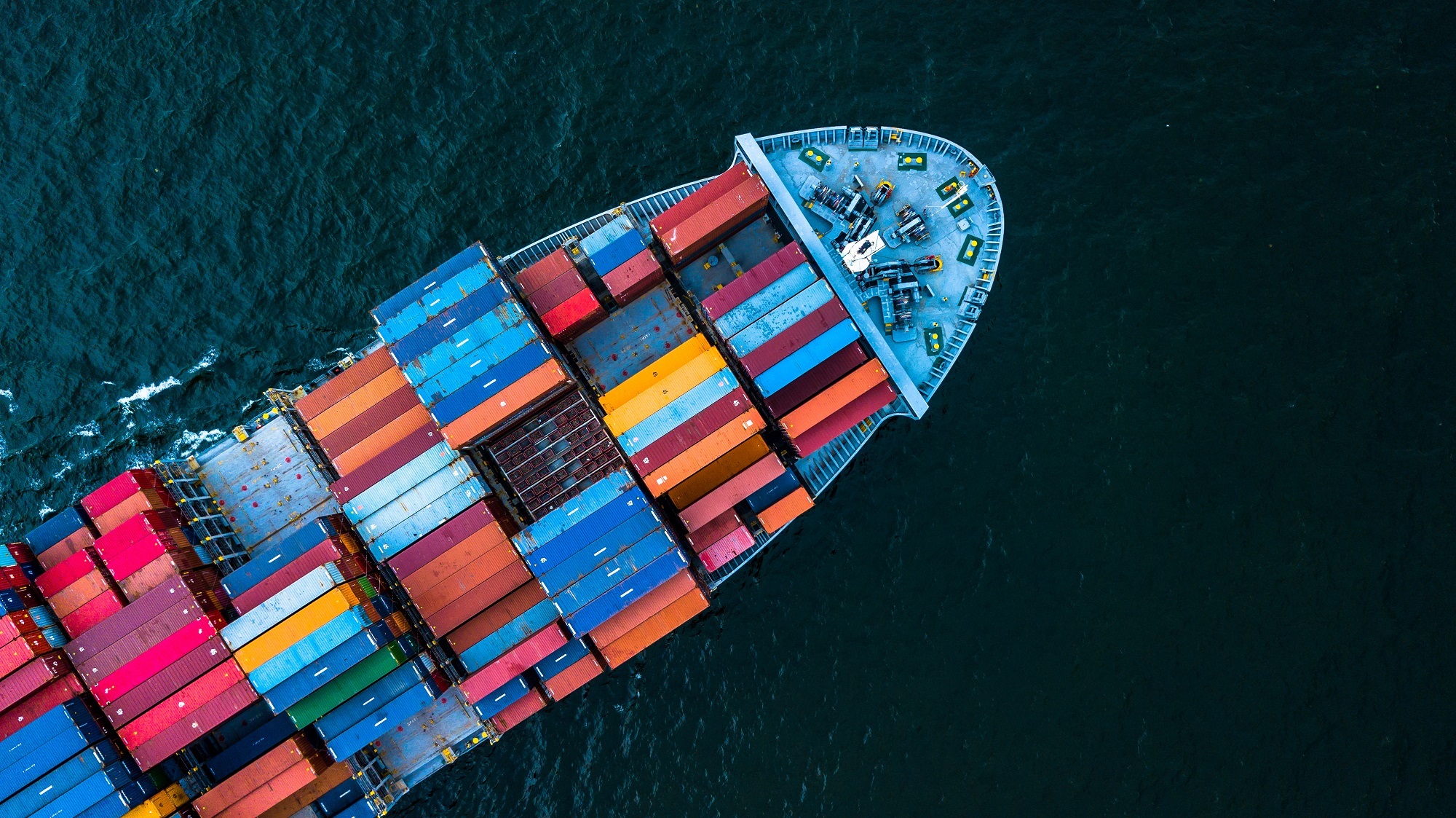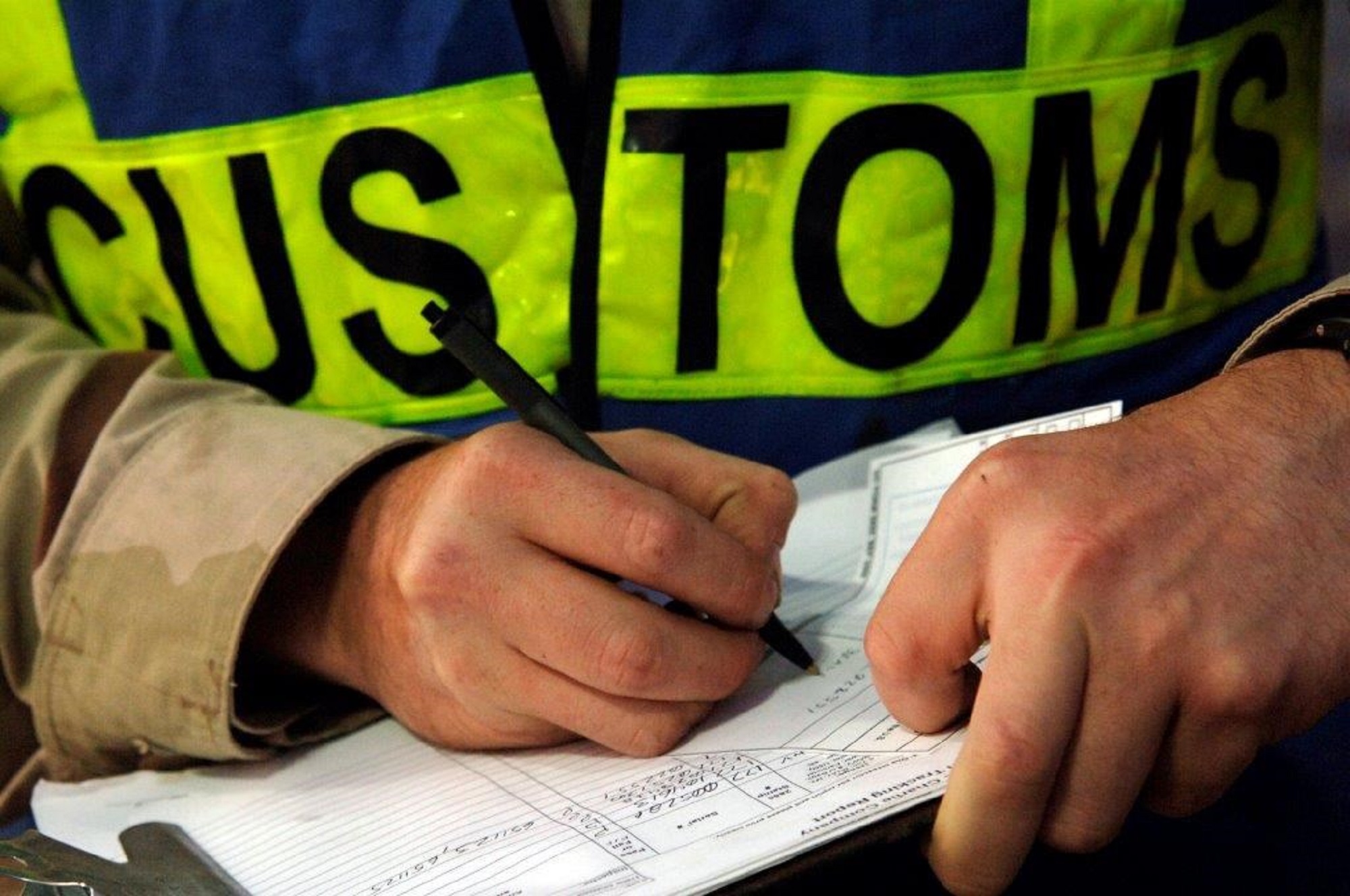Cross-border sales of goods to consumers in the EU (i.e. distance selling) is subject to different VAT rules than domestic sales to consumers in the Netherlands. If you are selling goods to consumers in other EU countries (e.g. through a website, marketplace or electronic interface), it may be relevant to check whether you are obliged to register for VAT purposes and submit VAT returns in these countries, or whether you can use what is known as the One Stop Shop (‘OSS’) return to report your sales.
Sales to consumers in other EU countries
Supplies involving the dispatch of goods from the Netherlands to consumers based in other EU countries are subject to what is known as the ‘destination country principle’. This means you are liable for VAT in the EU country of destination of the goods, which applies to both goods dispatched from outside the EU and inside the EU. When using a platform or online marketplace, under certain circumstances the electronic interface is regarded to be the seller or buyer for VAT purposes.
As of 1 July 2021, for businesses established in the EU a distinction must be made between a) businesses with annual turnover below €10,000 relating to EU distance sales (this threshold must also include electronic services provided to consumers based in other EU countries. We will not discuss the VAT treatment of such electronic services in any further detail in this article), and b) businesses with turnover exceeding €10,000 from these sales:
If the total amount in annual sales in EU countries remains below €10,000, the business is required to charge the VAT rate applicable in the EU country from which the goods are being shipped. Meaning that if the goods are dispatched from the Netherlands, Dutch VAT needs to be charged.
Turnover exceeding the €10,000 turnover threshold for supplies of goods to consumers based in EU countries other than the Netherlands is subject to the VAT requirements in the relevant EU countries. In this case, you must charge the VAT rate applicable in that particular EU country in which the consumer is located, and you must file VAT returns in the various EU countries. However, you also have the option to register your business for the OSS scheme. Under the OSS scheme, you can report and pay the VAT for distance selling within the EU using one single OSS declaration per calendar quarter. If you are unwilling or unable to use the OSS scheme for whatever reason, you are obliged to register in every EU country where VAT is payable.
Note: since the above-mentioned turnover threshold does not apply to businesses domiciled outside the EU, EU distance sales by such non-EU sellers are always subject to VAT in the EU country of the private consumer.
OSS scheme (EU distance selling: goods dispatched within the EU)
The OSS scheme, which covers all EU distance sales of goods to consumers, often saves businesses considerable hassles and expenses. The scheme ensures that a single declaration is used to report the VAT payable for all EU distance sales to consumers located in EU countries other than the country of departure. Once the VAT payable in EU countries is paid to the local tax authorities, these tax authorities ensure that the VAT paid is paid to the EU country in which the VAT is due.
We emphasize once again that use of the OSS scheme is optional. Businesses that choose not to use the OSS scheme are obliged to register for VAT purposes in each of the EU countries where VAT is due, in order to submit local VAT returns and pay the VAT owed to the local authorities.
IOSS scheme (non-EU distance selling: goods shipped from outside the EU)
The Import One Stop Shop (IOSS) was introduced to simplify the VAT requirements for the import of goods from non-EU countries with a maximum value of €150 per consignment. Businesses importing goods from non-EU territories are only required to register for the IOSS scheme in one EU country: in that EU country they will need to declare and pay the VAT due. Based on the IOSS identification number printed on the parcels being dispatched the Customs authorities will note that VAT is reported in accordance with the applicable regulations. This ensures that consignments can be cleared by Customs quickly and efficiently.
The IOSS scheme can be used by VAT taxable businesses established inside and outside the EU, as well as by electronic interfaces and marketplaces that facilitate sales to consumers.
The IOSS scheme is also subject to specific conditions:
Direct delivery of goods from outside the EU to consumers based in an EU country who do not file VAT returns, with a maximum value of €150 per consignment (excluding shipping charges and insurance costs).
Own transport of these goods on behalf of the supplier or transport at the supplier’s expense, using a transport document such as an airway bill.
This does not include goods subject to excise duties, such as beer, wine and tobacco products.
Platforms and businesses not based in the EU must appoint an intermediary (e.g. a tax advisor) to arrange the IOSS returns and payments.
Use of the IOSS scheme is also not compulsory. If a business opts not to use the scheme, the import of goods is subject to VAT in the relevant EU country. The subsequent supply of the goods to the customer may also have VAT implications.
Import VAT on goods imported into Switzerland
Since Switzerland is not an EU Member State, there are, despite certain similarities, also notable differences between the VAT rules in Switzerland and those in the EU countries. Switzerland has low VAT rates compared to the EU countries: a standard VAT rate of 7.7%, while the reduced VAT rate is 2.5%. In addition, Switzerland applies a special VAT rate of 3.7% for accommodation services such as hotel accommodations, which does not apply to mail order business. However, there are a number of changes to be introduced. The Swiss VAT rates will increase effective 1 January 2024. The standard VAT rate will be increased to 8.1%, the reduced VAT rate to 2.6%, and the special VAT rate to 3.8%. It is therefore important that you update this information in your systems.
Our colleague Dominique Bühler of OBT AG (the Swiss Baker Tilly International member firm) provides the following summary of the Swiss VAT rules:
If the seller is not registered for Swiss VAT, the recipient of the goods will pay the VAT on imports. Therefore it is important that the process is well organised and that the parcels are labelled correctly.
No import VAT is levied for amounts lower than CHF 5.
‘Small consignments’ which are subject to the standard rate with a value (including transport costs) of less than CH 65 are therefore not subject to import VAT.
Likewise, no import VAT is levied on imported goods which fall within the scope of the reduced rate of 2.5% and which have a value of less than CHF 200.
Postal companies with global turnover in excess of CHF 100,000 are treated the same as Swiss established companies. They require a Swiss VAT number and must pay VAT on imports for all goods shipped to Switzerland. In addition, a guarantee is required of 3% of the estimated taxable turnover in Switzerland: a warranty of between CHF 2,000 and CHF 250,000. EU established companies also require a Swiss tax representative.
Constantly changing
Keep in mind that both VAT legislation and the e-commerce industry will continue to evolve. Baker Tilly’s VAT advisors are up to date on the latest developments. If you are interested to learn more about the possibilities and opportunities provided by the e-commerce related legislation or just would like to discuss your VAT position, feel free to contact us.
This updated article exemplifies the close collaboration between the VAT & Customs experts within the Baker Tilly International network. Stevie Mols (Baker Tilly in the Netherlands) and Dominique Bühler (OBT AG in Switzerland) co-authored this article. Stevie and Dominique and their respective teams regularly work together in order to support their clients with both global and local solutions for their supply chains.
The legislation and regulations in this area may be subject to change. We recommend that you discuss the potential impact of this with your Baker Tilly consultant.




